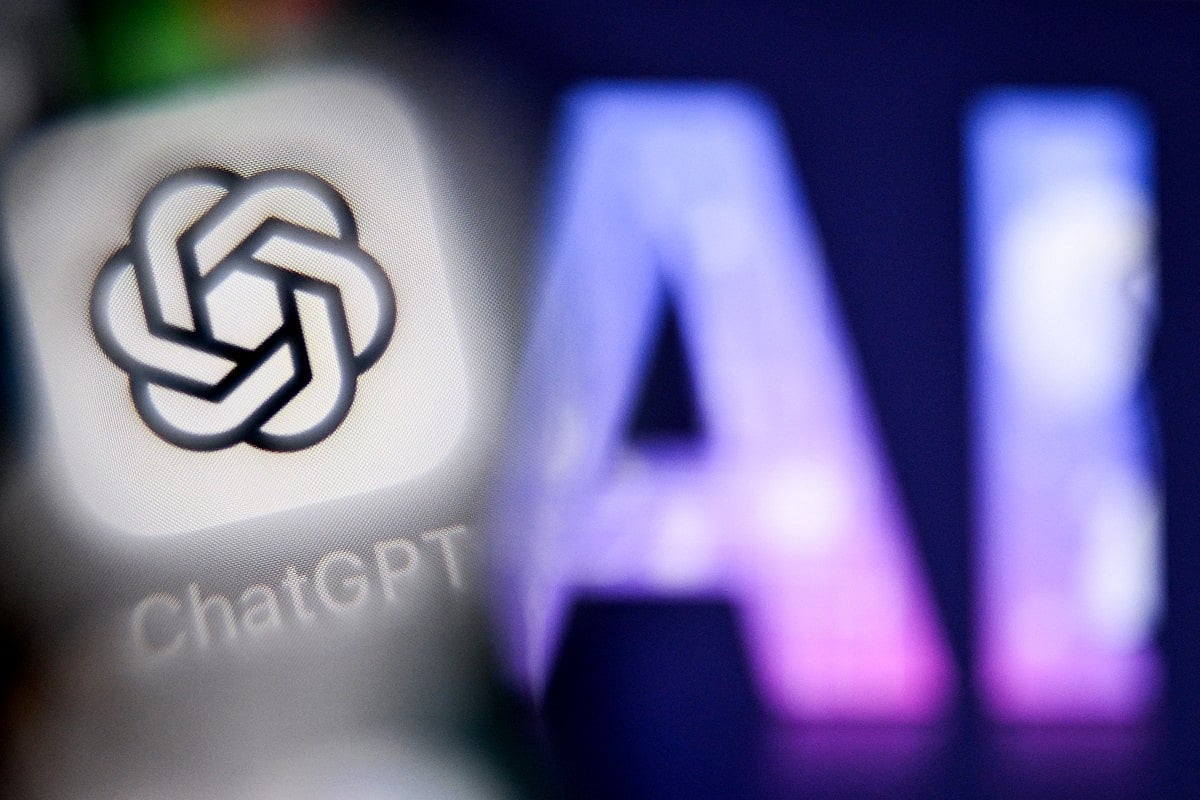Florida Teen Arrested Over ChatGPT Query on Violence
A recent incident involving a Florida teenager has sparked discussions about the implications of digital surveillance in schools. A 13-year-old student was arrested after he used his school-issued laptop to ask ChatGPT how to harm a classmate. This alarming query was flagged by monitoring software, leading to his arrest and raising questions about the balance between safety and privacy in educational environments.
Incident Details
The student made the concerning request while connected to Gaggle, a software designed to monitor online activities for potential threats. Upon detecting the violent language, the program alerted school officials, who promptly contacted law enforcement. When questioned by police, the boy claimed he was “just joking” and had no intention of causing harm. Despite his explanation, he was charged with making a written threat to kill or harm.
Surveillance and Privacy Debate
This incident has reignited a critical debate regarding the effectiveness and ethics of surveillance tools like Gaggle in schools. Proponents argue that such systems are essential for preventing potential tragedies and ensuring student safety. However, critics contend that these monitoring tools can lead to overreach, misinterpretation of intent, and the unnecessary criminalization of minors for seemingly harmless remarks.
Civil liberties advocates have voiced concerns about the role of artificial intelligence in monitoring student behavior. They warn that algorithms may lack the ability to interpret context and nuance, potentially leading to unjust consequences for students.
Ongoing Investigation
As the investigation continues, the identity of the student remains confidential due to his age. The case highlights the need for ongoing dialogue about the implications of digital surveillance in educational settings and the importance of understanding the context behind students’ online expressions.
FAQs
What led to the arrest of the Florida teen?
The teen was arrested after using his school-issued laptop to ask ChatGPT how to harm a classmate, a query flagged by monitoring software.
What is Gaggle and how does it work?
Gaggle is a monitoring software used in schools to track students’ online activities for potential threats, alerting officials when concerning language is detected.
What are the concerns regarding school surveillance?
Concerns include the potential for overreach, misinterpretation of students’ intentions, and the impact of artificial intelligence on student behavior monitoring.
Conclusion
The arrest of the Florida teen has opened a broader conversation about the role of surveillance in schools and its implications for student privacy. As discussions continue, it is crucial to find a balance that prioritizes safety while respecting the rights and intentions of young individuals.
The use of monitoring software in educational settings has become increasingly common as schools seek to create safer environments for students. Many institutions have adopted such technologies in response to rising concerns about school violence and the need to identify potential threats early. This trend reflects a broader societal shift towards heightened vigilance in various public spaces, where the balance between security measures and individual rights is often scrutinized.
In the wake of this incident, educators and policymakers are faced with the challenge of evaluating the effectiveness of these surveillance tools. While the intention behind their implementation is to protect students, there is a growing recognition that reliance on automated systems can lead to unintended consequences. The potential for false positives, where benign inquiries are misinterpreted as threats, raises questions about the adequacy of training for school staff in handling such situations and the need for clear guidelines on the use of technology in monitoring student behavior.
As discussions around this case unfold, it is crucial for stakeholders, including parents, educators, and mental health professionals, to engage in constructive dialogue. This conversation should focus on developing comprehensive strategies that not only prioritize student safety but also foster an environment where young people feel free to express themselves without fear of punitive repercussions. Balancing the need for security with the preservation of students’ rights will be essential in shaping future policies regarding digital surveillance in schools.
Also Read:
Deepika Padukone Advocates for Change in Bollywood







